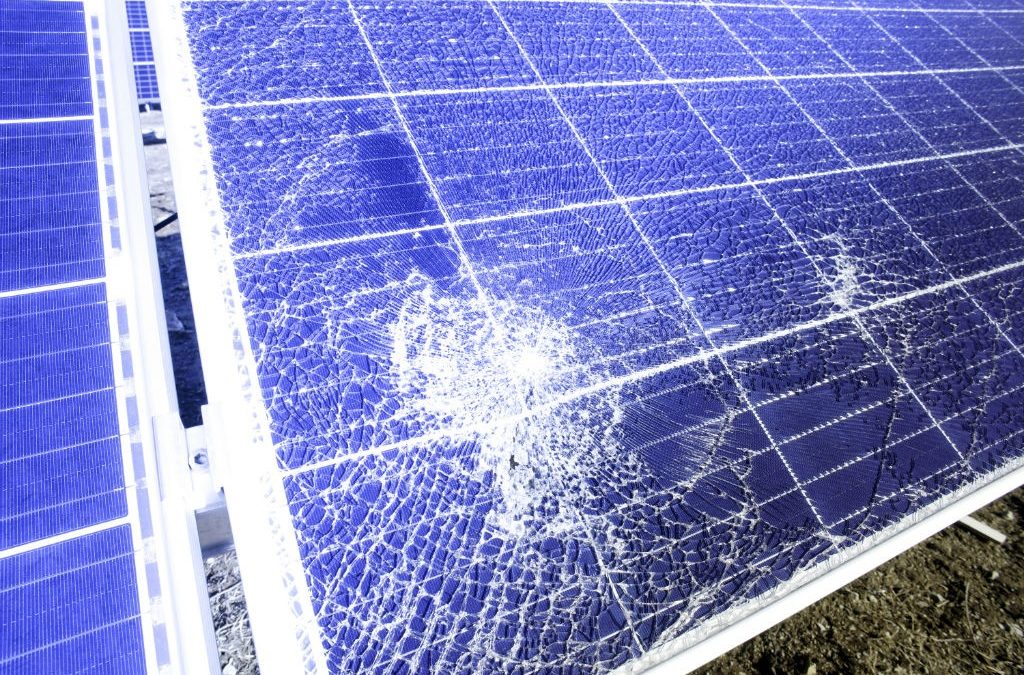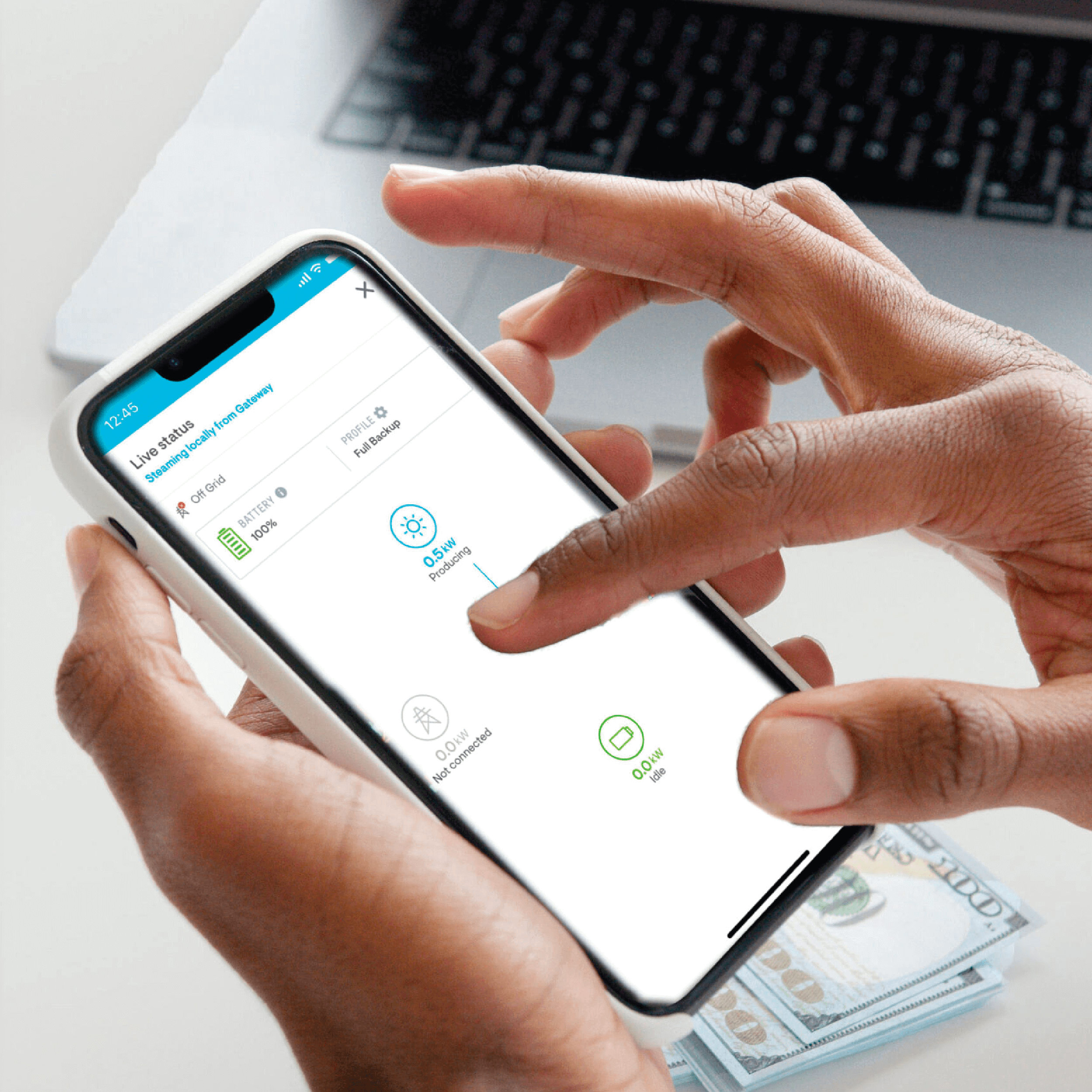Are you wondering if your solar panels are performing at their best? You’ve made the smart choice of investing in solar energy, but how can you be sure you’re getting the most out of your investment?
Imagine the peace of mind that comes with knowing your panels are working efficiently, converting sunlight into savings. But what if they’re not? The thought of potential energy loss can be unsettling. Don’t let uncertainty cloud your solar experience. Stay tuned as we uncover the telltale signs that your solar panels might not be working properly.
This knowledge could save you time, money, and energy, ensuring your solar setup shines bright.

Credit: www.solarrepairservice.com.au
Detecting Inefficiencies
Detecting inefficiencies in your solar panels is crucial. It ensures they perform optimally. Sometimes, solar panels may not function as expected. This can lead to reduced energy savings. Identifying these issues early can prevent bigger problems. Regular checks can help maintain their efficiency. Below are some signs to watch out for.
Drop In Energy Production
A sudden drop in energy production can signal a problem. Compare current output with previous months. If there’s a noticeable decrease, inspect the system. Check the inverter display for error messages. Dust, debris, or shade can also affect performance. Ensure panels are clean and unobstructed.
Fluctuating Performance Levels
Inconsistent energy output is another warning sign. Solar panels should produce steady energy. If performance fluctuates, there might be an issue. Monitor your energy output regularly. Use a solar monitoring system if available. This can help track changes in performance.

Credit: www.solarrepairservice.com.au
Visual Inspection Tips
Performing a visual inspection of your solar panels is crucial. It helps identify problems early, preventing energy loss and costly repairs. Here, we provide essential tips to ensure your solar panels are in top shape.
Physical Damage Signs
Check for cracks or chips on the solar panels. These can reduce efficiency. Look at the frame for bends or breaks. Damaged frames may cause further issues. Inspect the junction box and wires. Loose or broken wires can disrupt performance.
Obstructions And Debris
Ensure the panels are free from leaves and twigs. Debris blocks sunlight, affecting energy production. Watch for bird droppings or dust buildup. Clean panels ensure optimal performance. Check nearby trees or structures. They should not cast shadows on the panels.
Monitoring System Alerts
Have you ever wondered whether your solar panels are working efficiently? Monitoring system alerts could be your first clue. These alerts provide real-time updates on the performance of your solar setup, ensuring that you’re informed about any issues as soon as they arise. By paying attention to these notifications, you can address problems promptly and keep your energy savings on track.
Error Messages
Error messages are crucial indicators of potential issues with your solar panels. They can be as simple as a warning about a drop in efficiency or as serious as a system failure. Imagine waking up to a notification stating that your panels are not generating power. It’s a wake-up call to check connections or consult a professional.
Keep an eye on these messages. They often provide specific codes that help pinpoint the problem. Understanding these codes can empower you to take swift action. Wouldn’t you prefer resolving a minor glitch before it turns into a costly repair?
Inverter Warning Signals
The inverter is a key component that converts solar energy into usable electricity. Inverter warning signals are vital to monitor. They might indicate issues like overheating or connection problems. These alerts can save you from unexpected power outages.
Regularly checking the inverter signals can prevent larger issues. If you see a flashing light or hear an unusual beep, don’t ignore it. Addressing these signals can ensure your system continues to perform optimally. Are you ready to tackle these alerts head-on to maximize your solar investment?
Utility Bill Changes
Utility bill changes can be a telling sign that your solar panels are not functioning properly. When you invest in solar energy, one of the main benefits you expect is a reduction in your electricity costs. However, if you notice a sudden spike in your utility bill, it might be time to investigate further. Here, we will look into two key aspects: unexpected cost increases and comparison with previous bills.
Unexpected Cost Increases
Imagine the surprise when your utility bill arrives, and it’s higher than you anticipated. You might think it’s just a seasonal change, but if you have solar panels, this could indicate a problem. Perhaps there’s debris blocking sunlight or an unnoticed technical issue.
Consider this: after installing solar panels, my friend noticed a sharp rise in her electricity bill one month. It turned out that a tree branch had grown over her panels, causing inefficiency. This highlights the importance of regular maintenance and monitoring.
Have you experienced unexpected increases in your utility bills? Check if your energy consumption habits have changed recently, or inspect your solar panels for physical obstructions.
Comparison With Previous Bills
Comparing your current utility bill with previous ones is a straightforward way to spot issues with your solar panels. Look back at your past bills, especially before and after solar panel installation. A stable or decreasing trend should be evident.
If your bills are suddenly rising despite consistent energy usage, it might indicate a problem with your solar panel system. Regularly tracking these bills can help you catch problems early and avoid unnecessary costs.
Why not make a habit of comparing your bills every month? It’s an easy way to ensure your solar panels are working efficiently and providing the savings you expect.
Professional Assessment
Understanding the efficiency of your solar panels is crucial. Sometimes, issues can arise that aren’t immediately visible. Professional assessment plays a significant role here. It ensures your solar system operates effectively and reliably.
When To Call A Technician
Notice a sudden drop in energy output? This could signal a problem. Unusual noises or visible damage also warrant professional attention. If your inverter shows an error message, it’s time to call a technician. A qualified expert can diagnose and fix issues safely.
Routine Check-ups
Regular maintenance helps keep your solar panels in top shape. Schedule routine check-ups to prevent potential issues. Technicians inspect connections, wiring, and equipment performance. Routine assessments ensure your system’s longevity and efficiency.

Credit: blueravensolar.com
Frequently Asked Questions
How Do You Test If A Solar Panel Is Working?
Use a multimeter to measure the voltage output of the solar panel. Ensure the panel is exposed to sunlight. Connect the multimeter’s leads to the panel’s terminals. Check if the voltage aligns with the panel’s specifications. Inspect for physical damage or dirt that might affect performance.
Can Solar Panels Just Stop Working?
Solar panels can stop working due to damage, faulty installation, or wiring issues. Regular maintenance helps prevent failures. Ensure panels are clean and unobstructed to maintain efficiency. Battery or inverter problems might also affect performance. Check for physical damage or shading that could impact energy output.
How Do I Know If My Solar Panels Are Faulty?
Check for reduced energy output or unusual noises. Inspect for visible damage, such as cracks or discoloration. Monitor inverter error messages or warning lights. Regularly compare your energy bills to previous periods. Consult a professional technician for a thorough inspection if issues persist.
What Is The Average Lifespan Of A Solar Panel?
Solar panels typically last 25 to 30 years. Their efficiency may decrease slightly over time. Regular maintenance helps extend their lifespan. Investing in quality panels ensures better durability and performance. Check warranties for assurance on longevity. Solar technology advancements continue to enhance panel lifespan and efficiency.
Conclusion
Checking your solar panels is crucial. Regular maintenance keeps them efficient. Watch for lower energy output. Listen for strange noises. Inspect for physical damage or dirt. These signs help ensure panels work well. Solar panels need sunlight and care. Regular checks can save money and energy.
Keep an eye on your energy bills. Sudden changes might signal a problem. Schedule routine inspections with a professional. This ensures long-term efficiency. Stay informed and proactive. Maintain your solar system properly. Enjoy the benefits of clean energy.
